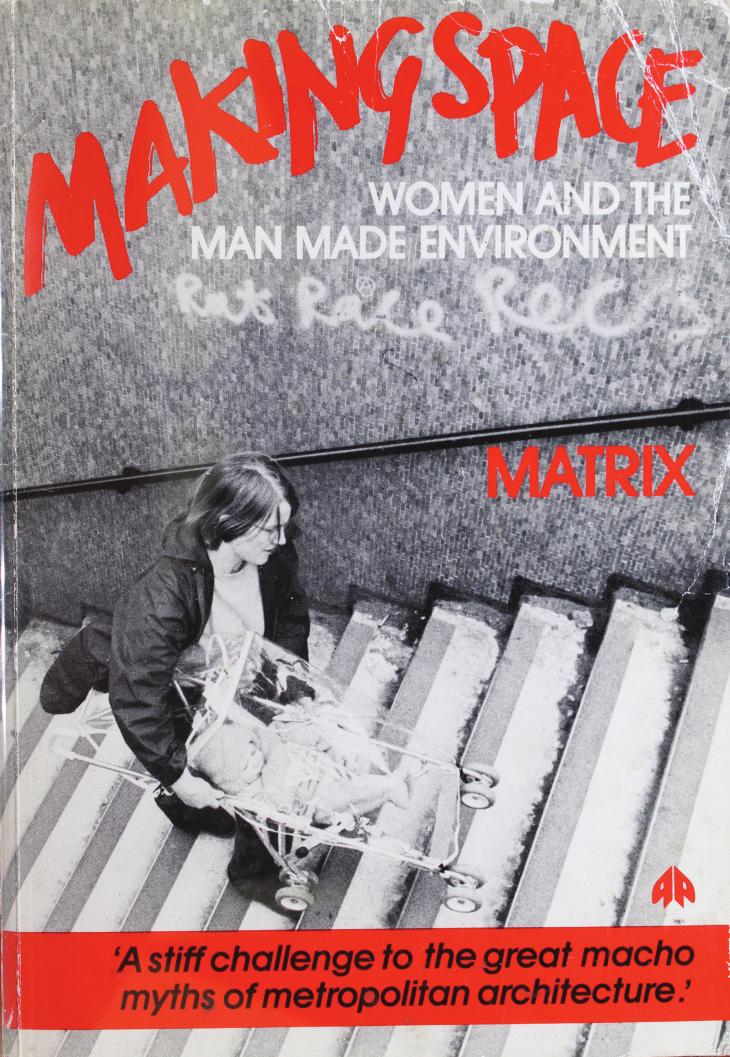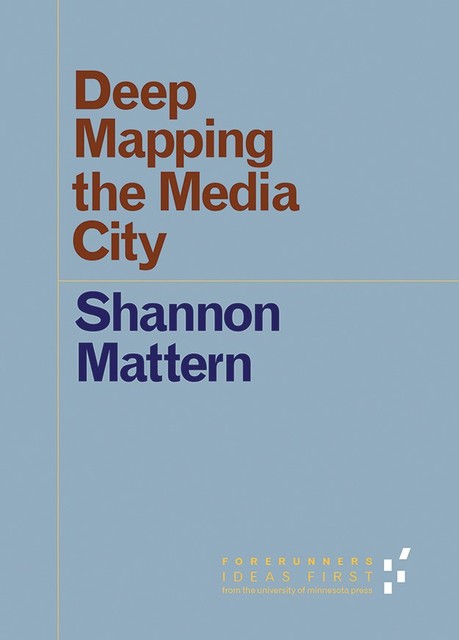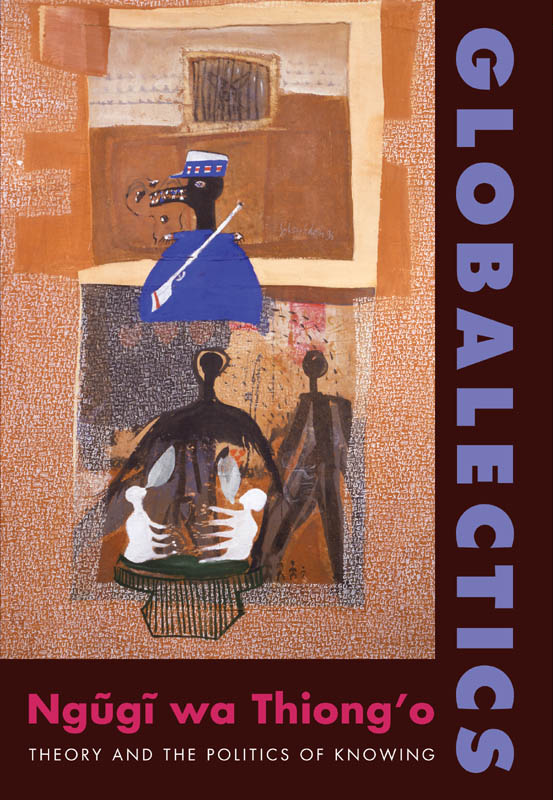Matrix: Making Space: Women and the Man Made Environment (1984)
Filed under book | Tags: · architecture, feminism, urbanism, women

“One of the first moves of Matrix Feminist Design Co-operative set up in 1980 was to publish the book, where they explored the socio-political context of designing the built environment, and traced the implications of feminist theory and critique on urban design, such as the viewing of domestic work also as a form of labour. In the book they set out one of the fundamental guiding principles of their work, the idea that ‘because women are brought up differently in our society we have different experiences and needs in relation to the built environment’.” (Source)
Publisher Pluto Press, 1984
ISBN 0861046013, 9780861046010
ix+148 pages
via dubravka
Reviews: Ruth Madigan (Crit Soc Policy, 1985), Anne Gartner (Urban Policy and Research, 1985), Pleasantine Drake (Atlantis, 1988).
PDF (28 MB)
Comment (0)Shannon Mattern: Deep Mapping the Media City (2015)
Filed under book | Tags: · city, infrastructure, mapping, media, media archeology, networks, urbanism

“Going beyond current scholarship on the “media city” and the “smart city,” Shannon Mattern argues that our global cities have been mediated and intelligent for millennia. Deep Mapping the Media City advocates for urban media archaeology, a multisensory approach to investigating the material history of networked cities. Mattern explores the material assemblages and infrastructures that have shaped the media city by taking archaeology literally—using techniques like excavation and mapping to discover the modern city’s roots in time.”
Publisher University of Minnesota Press, Minneapolis, 2015
Forerunners: Ideas First series, 5
Creative Commons BY-NC-ND 4.0 International License
ISBN 0816698511, 9780816698516
xvi+51 pages
Review: Nicholas Korody (Archinect, 2015).
PDF, PDF
HTML (Manifold edition, 2017, updated on 2019-7-8)
Ngũgĩ wa Thiong’o: Globalectics: Theory and the Politics of Knowing (2012)
Filed under book | Tags: · africa, dialectic, globalisation, knowledge, literary criticism, literary theory, literature, neocolonialism, orality, politics, postcolonialism, theory

“A masterful writer working in many genres, Ngũgĩ wa Thiong’o entered the East African literary scene in 1962 with the performance of his first major play, The Black Hermit, at the National Theatre in Uganda. In 1977 he was imprisoned after his most controversial work, Ngaahika Ndeenda (I Will Marry When I Want), produced in Nairobi, sharply criticized the injustices of Kenyan society and unequivocally championed the causes of ordinary citizens. Following his release, Ngũgĩ decided to write only in his native Gikuyu, communicating with Kenyans in one of the many languages of their daily lives, and today he is known as one of the most outspoken intellectuals working in postcolonial theory and the global postcolonial movement.
In this volume, Ngũgĩ wa Thiong’o summarizes and develops a cross-section of the issues he has grappled with in his work, which deploys a strategy of imagery, language, folklore, and character to ‘decolonize the mind.’ Ngũgĩ confronts the politics of language in African writing; the problem of linguistic imperialism and literature’s ability to resist it; the difficult balance between orality, or ‘orature’, and writing, or ‘literature’; the tension between national and world literature; and the role of the literary curriculum in both reaffirming and undermining the dominance of the Western canon. Throughout, he engages a range of philosophers and theorists writing on power and postcolonial creativity, including Hegel, Marx, Lévi-Strauss, and Aimé Césaire. Yet his explorations remain grounded in his own experiences with literature (and orature) and reworks the difficult dialectics of theory into richly evocative prose.”
Publisher Columbia University Press, New York, 2012
Wellek Library Lectures in Critical Theory series
ISBN 9780231159500, 0231159501
xi+104 pages
Reviews: Publishers Weekly (2011), Corbin Treacy (Transnational Lit, 2012), Danson Kahyana (Slip, 2012), Geoff Wisner (Words Without Borders, 2012), M.A. Orthofer (Complete Rev, 2012), Jenna N. Hanchey (E3W Rev of Books, 2013), Devin Zane Shaw (Society+Space, 2013), Magalí Armillas-Tiseyra (E-Misférica, 2014), Oliver Lovesey (Cambridge J Postcolonial Lit Inquiry, 2014), Ndiritu Wahome (2016).
Comment (0)
